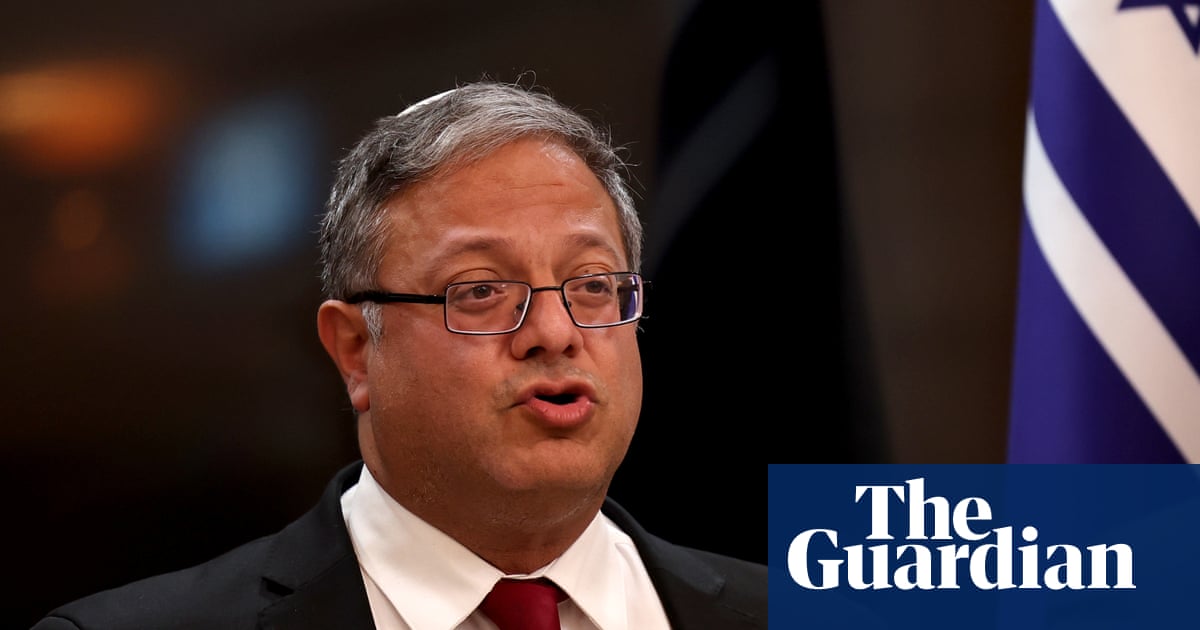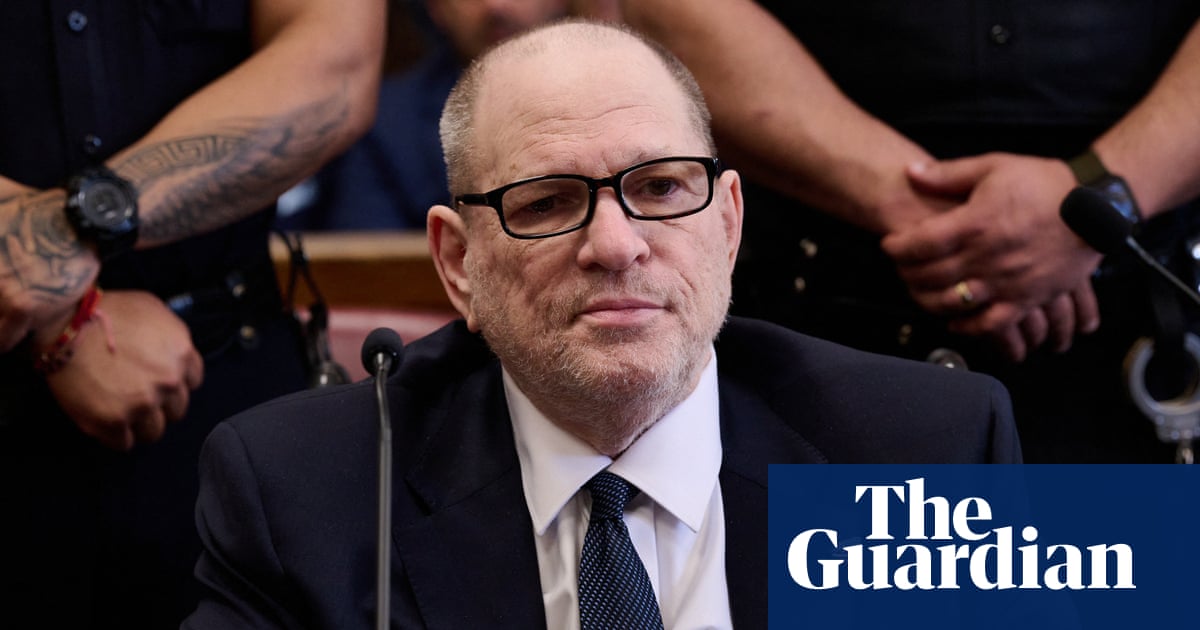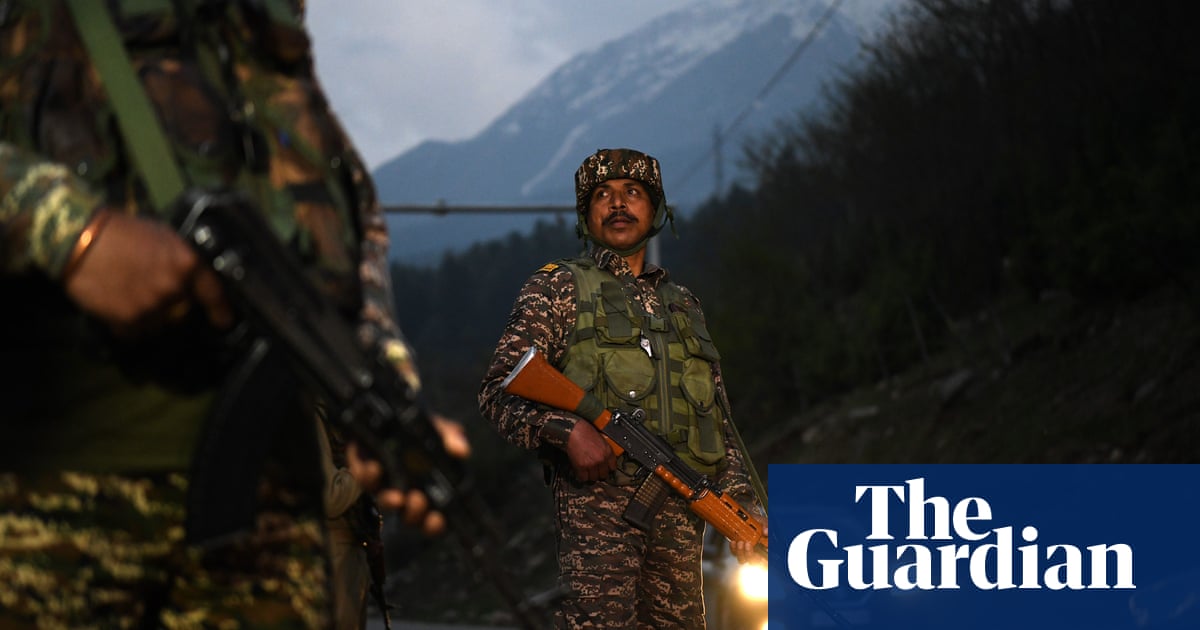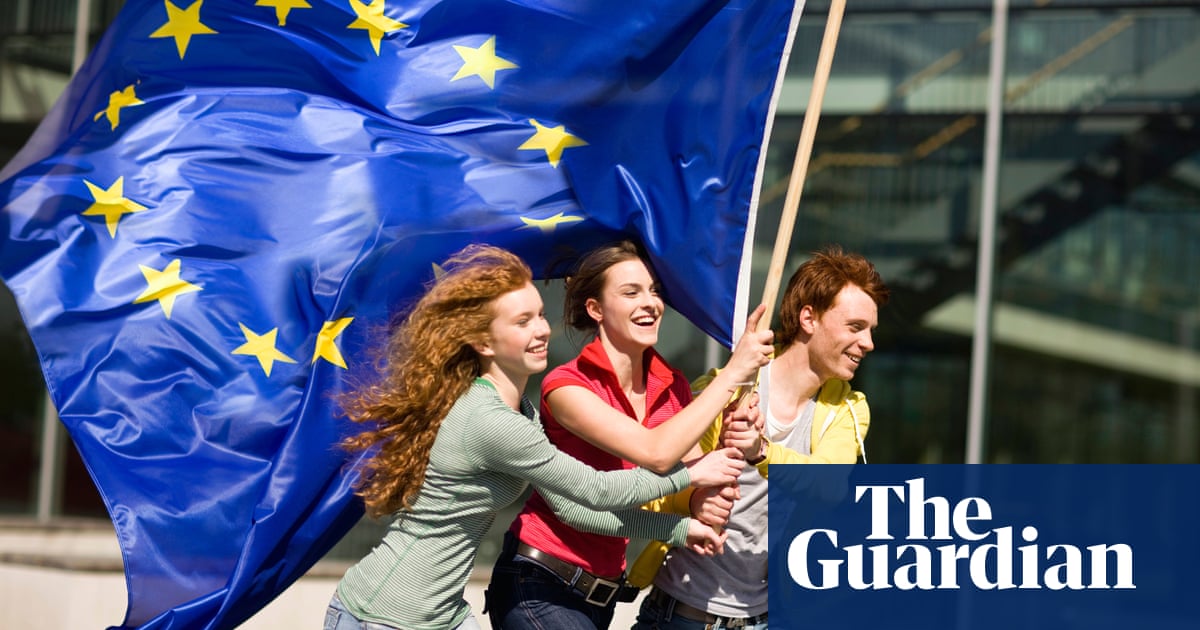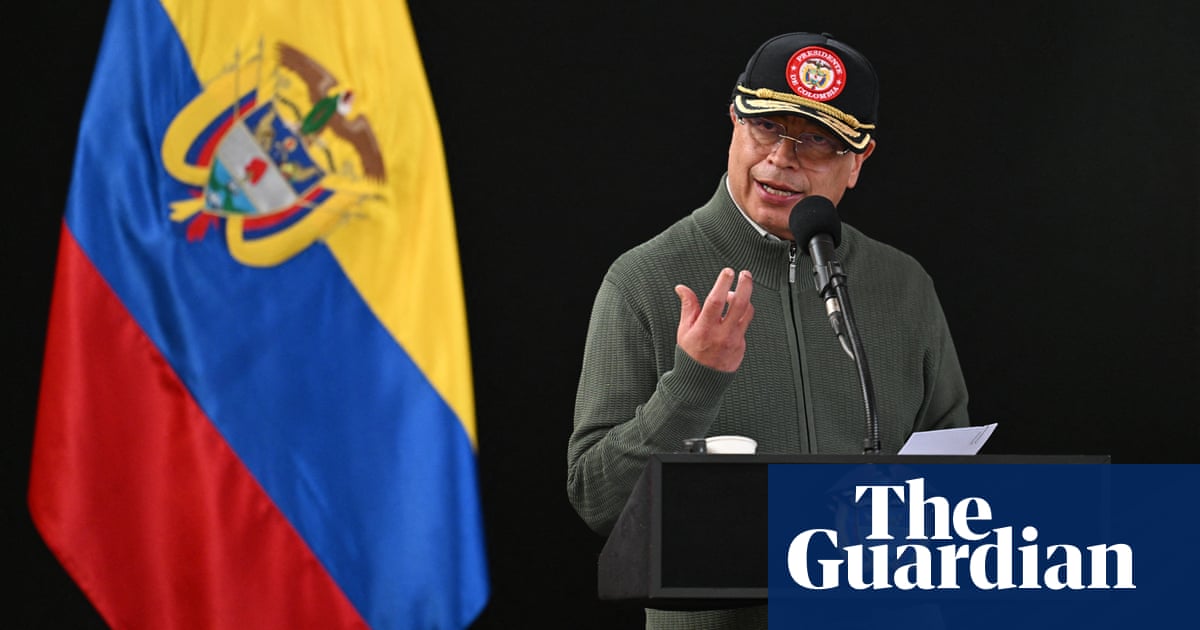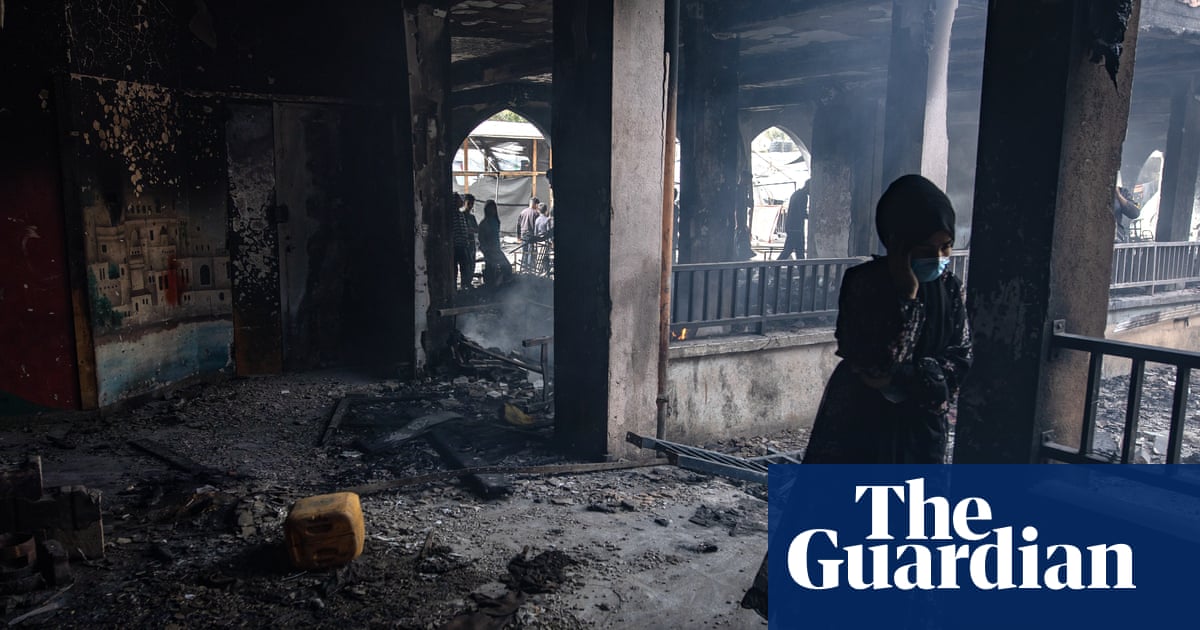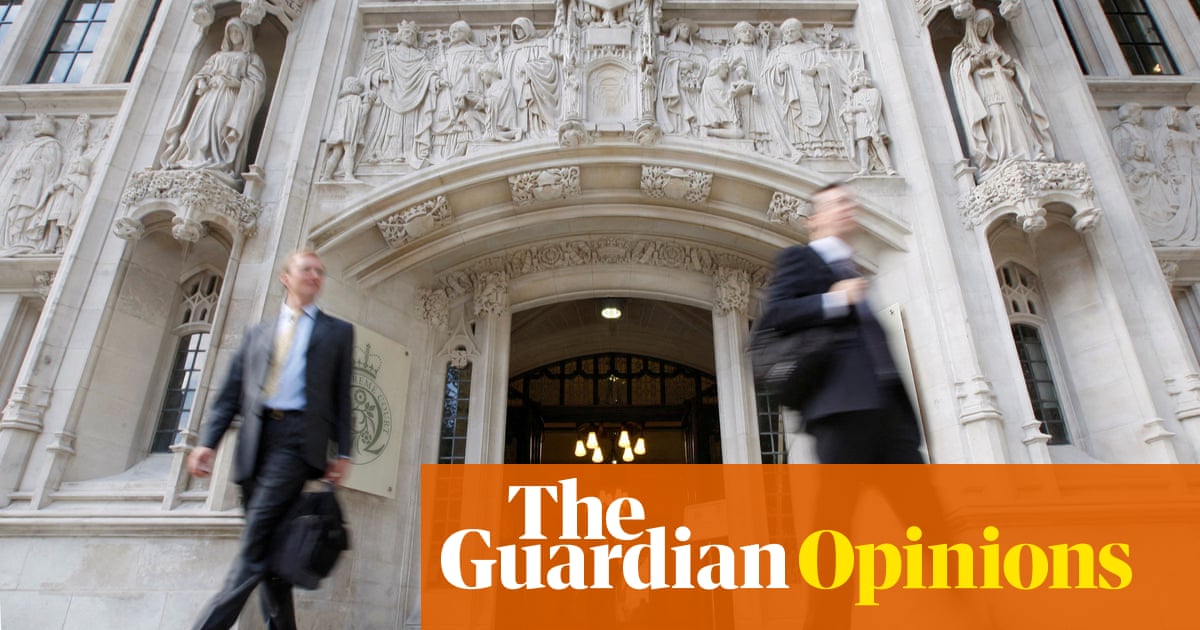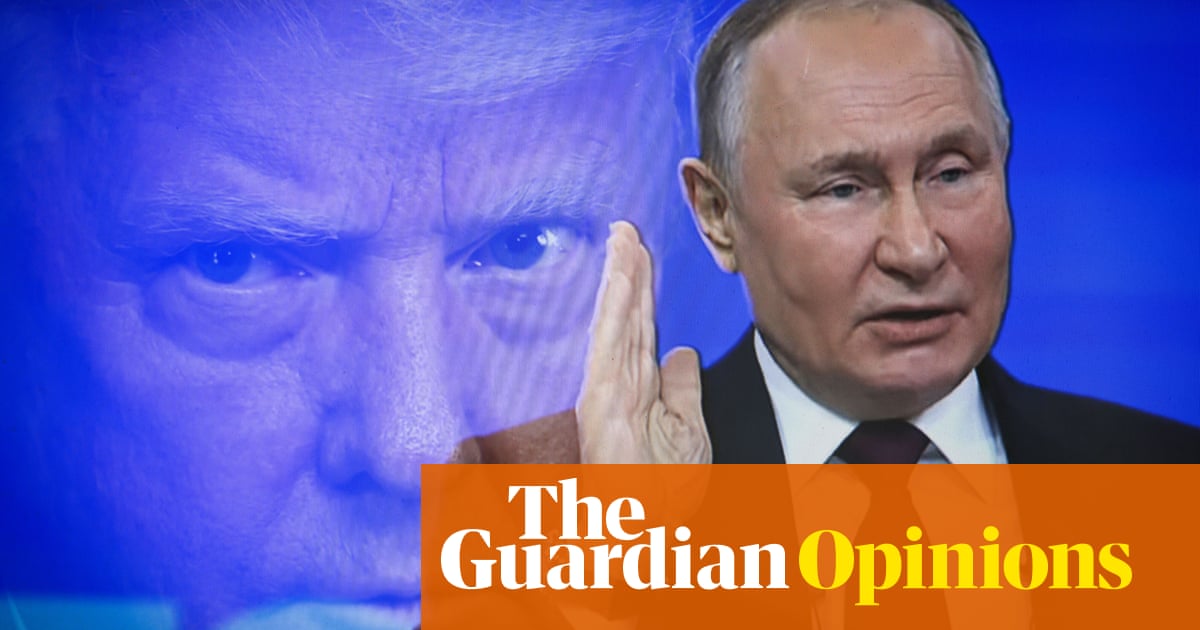The contours of the White House’s “final” peace proposal to halt the Russian invasion of Ukraine have come into focus with proposals to freeze the frontlines in exchange for terms that critics have termed a surrender to Russian interests in the the three-year-old conflict.
Three people with knowledge of the talks told the Guardian that Vladimir Putin had signalled a readiness to effectively freeze the frontlines of the conflict in exchange for numerous concessions, including US recognition of Russian control of Crimea and considerable US sanctions relief. The Financial Times first reported Putin’s proposal on Tuesday.
The vice-president, JD Vance, confirmed on Wednesday that the US would seek to “freeze the territorial lines at some level close to where they are today”. Some territory could change hands, he said.
“The current lines, or somewhere close to them, is where you’re ultimately … going to draw the new lines in the conflict,” he said. “Now, of course, that means the Ukrainians and the Russians are both going to have to give up some of the territory they currently own.”
But reports of the US proposal do not include other Kremlin demands, including a limit on the future size of the Ukrainian military or a ban on foreign troops in the country. Russia had listed concerns over Ukraine’s military and foreign backing as among its “root causes” for launching its 2022 full-scale invasion.
A draft version of the White House proposal seen by Axios reported that Russia would receive de jure recognition of Moscow’s control of Crimea, de facto recognition of Russia’s occupation of much of eastern Ukraine, and a promise that Ukraine would not become a member of Nato (although it could join the EU).
Russia could also receive sanctions relief for its energy sector, enabling the Kremlin to increase vital revenue flows that have been impeded since the invasion.
Ukraine, in turn, would receive a “robust security guarantee” from an ad hoc group of European nations, although the draft did not describe how a peacekeeping force would operate or whether the US would take part. Ukraine would also be promised unimpeded passage of the Dnieper River and some territory in the Kharkiv region, along with vaguely defined pledges for future financial support for rebuilding.
Senior Russian officials have said Moscow will not take part in talks that include discussions of a European peacekeeping force in Ukraine. “Russia is still against [the presence of European peacekeepers],” the Kremlin spokesperson, Dmitry Peskov, told reporters on Wednesday. “That would be de facto Nato forces and resources on the territory of Ukraine. It was one of the main reasons for the start of the special military operation.”
after newsletter promotion
The US decision to recognise Crimea would be politically contentious in Ukraine and would mark a turning point in US postwar policy, with the White House effectively endorsing a Russian effort to redraw the borders of Europe by force.
The Ukrainian leader, Volodymyr Zelenskyy, said this week that Ukraine “will not legally recognise the occupation of Crimea … There’s nothing to talk about here. This is against our constitution.”
Donald Trump reacted angrily to Zelenskyy’s remarks on Wednesday, calling them “very harmful to the Peace Negotiations with Russia”.
“Nobody is asking Zelenskyy to recognize Crimea as Russian Territory but, if he wants Crimea, why didn’t they fight for it eleven years ago when it was handed over to Russia without a shot being fired?” he wrote.
“The situation for Ukraine is dire,” he said. Zelenskyy “can have peace or, he can fight for another three years before losing the whole country”.
Moscow also appears to be eyeing the deal favourably. “There is a chance to make a deal,” said one source close to the Kremlin. “But they could also miss that chance.”
A draft of the plan seen by Axios, as well as the Telegraph, said that Ukraine would retain control over the Zaporizhzhia power plant but it would be managed by the US, which would supply electricity to both Ukraine and Russia.

 4 hours ago
7
4 hours ago
7





